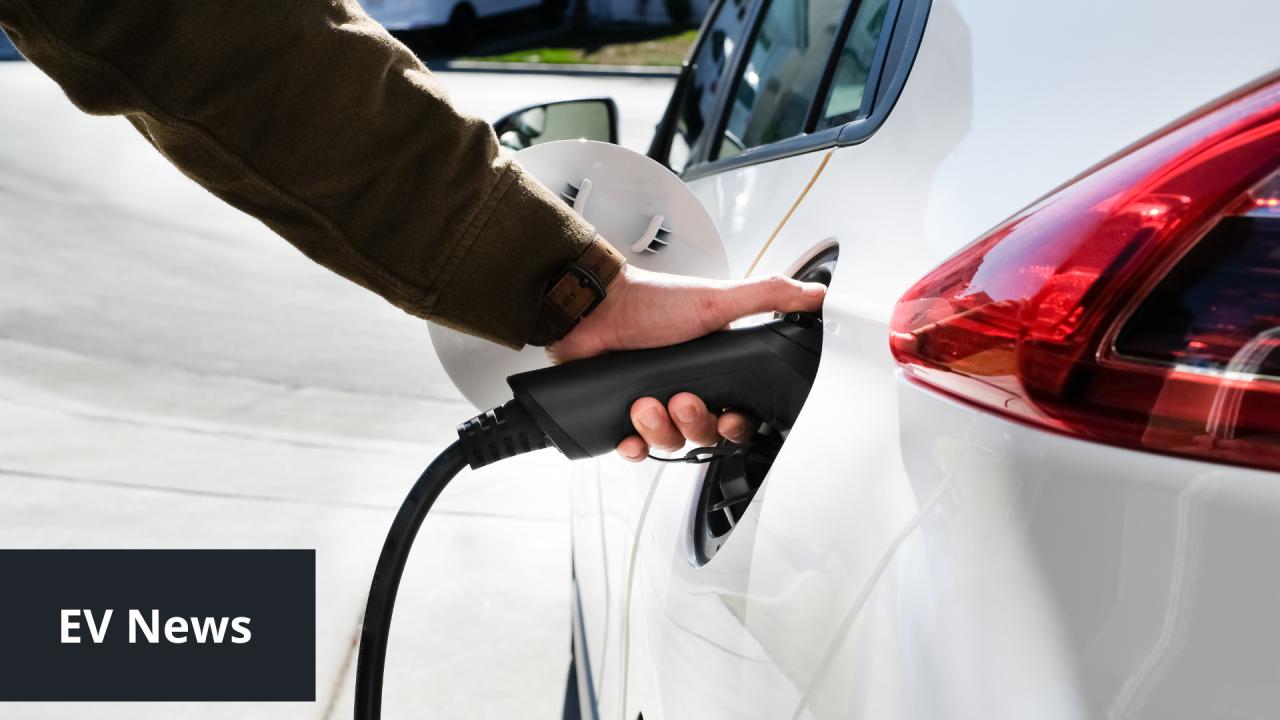Lately, electric vehicle and battery manufacturers are competing to offer greater range. Numbers like 800, 900, or even 1000 kilometers on a single charge are becoming the new standard or goal that many are boasting about. But is it really necessary for most electric cars to have such a large range? Let's take a closer look.
Reality versus psychological barrier
Many combustion engine drivers see the limited range of electric vehicles as the main obstacle to switching - right after the purchase price. There is a fear that the electric car will leave them "stranded" somewhere in the middle of the journey. This psychological barrier is so strong that some may only consider buying an electric car when it has a range of 1000 km. But is this fear really justified?
Statistics show that most European drivers travel less than 50 kilometers daily. As of 2024, the average daily distance driven by European drivers is between 25 and 50 kilometers. For example, in the UK and much of the EU, the average daily driving distance hovers around 32.9 kilometers. While this varies slightly by country, with Italy averaging around 25.8 km per day and Austria closer to 37.7 km, it shows that most Europeans drive relatively short distances on a daily basis, well within the range of modern electric vehicles.
Even if we account for some driving 70 or 100 kilometers a day, is a range of 500-700 kilometers really insufficient?
Real range in practice
It is true that the range of electric cars decreases by an average of 25% in winter. If a car can travel 600 km in summer (not driving to zero, the WLTP of such a car may be over 700 km), we can expect a range of around 450 km in winter. But that still means that most drivers can recharge once every 9 days in winter and once every 12 days in summer. Even those who drive 100 km a day will only need to charge every fourth day.
For many drivers, this may not be a problem at all. Of course, there are exceptions, and for them, an electric car with a range of over 1000 km will certainly be available over time. But is it really necessary for most users?
Long trips and holidays
Another argument for greater range is long trips, such as holidays. A trip to Spain, Italy or Croatia with an electric car might seem unnecessarily long. But is this concern realistic?
Let's imagine an electric car with a range of 500 km on the highway. Even if you drove at a constant speed of 130 km/h (which is unrealistic due to traffic, speed limits, and weather), you would drive for almost 4 hours before needing to recharge. Most drivers and families need to take a break, often two, during such a long trip.
During a stop for refreshment and rest, you can recharge the car. The charging station network in Europe is already dense enough, so finding a place to recharge is not a problem. Is a 1000 km range really necessary when circumstances will force us to stop sooner anyway?
Charging speed versus range
What might be more important than range itself is the ability to charge the electric car quickly. Instead of looking for the car with the longest range, it might be more beneficial to focus on models that charge faster, even if they have a slightly shorter range.
Imagine stopping at a rest area or gas station. What would you appreciate more – that in 15 minutes you have charged the battery enough to drive another 400 km, or that you have to wait longer to charge a larger capacity battery?
Conclusion: Efficiency first
The race for electric cars with a range of 1000 km may be unnecessary for most users. It is more important to find a balance between range, charging speed, purchase price, and overall vehicle efficiency. For the average user, an electric car with a range of 400-500 km and the ability to charge quickly is probably a much more practical choice.
Instead of worrying about insufficient range, we should focus on improving the charging station infrastructure and educating drivers about the real needs and possibilities of electromobility. With the growing density of fast-charging station networks and better trip planning, the fear of "running out of power in the middle of the road" will become a thing of the past.
Electromobility is not just about range numbers but about an overall approach to efficient and sustainable mobility. In this regard, today's electric cars have long since crossed the threshold of practical usability for the vast majority of drivers.

